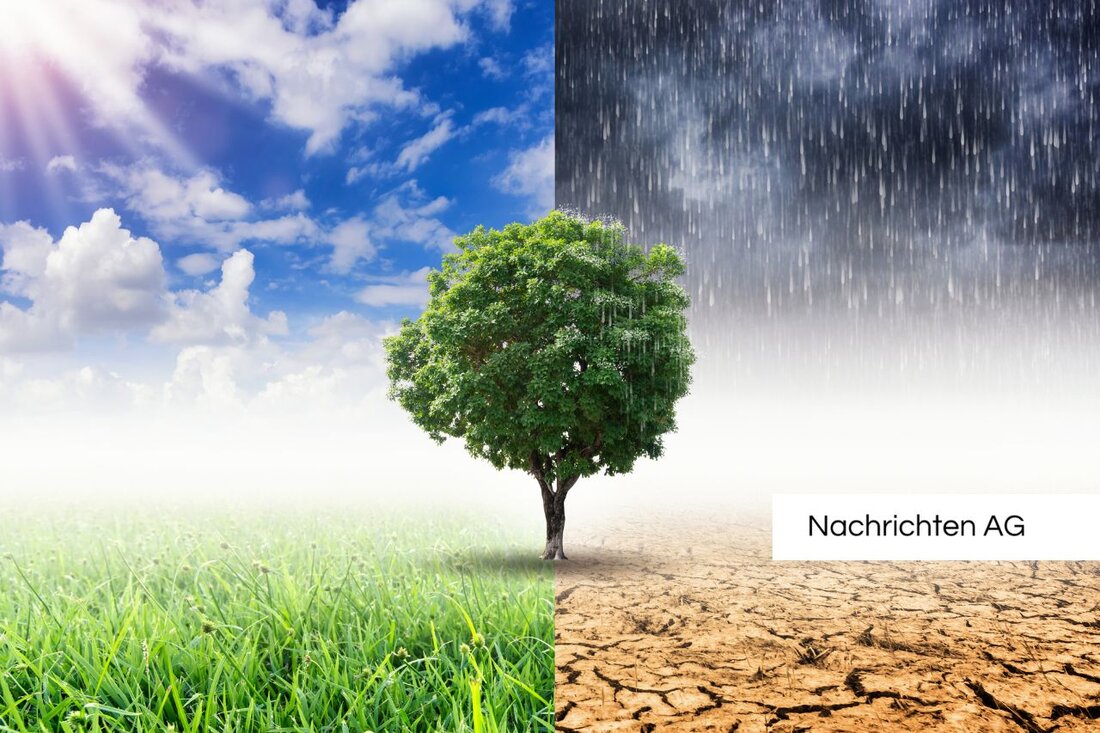Parasites in the ecosystem: Invisible helpers or secret destroyers?
The University of Duisburg-Essen publishes a groundbreaking open access specialist book on parasitological research and biodiversity.

Parasites in the ecosystem: Invisible helpers or secret destroyers?
Today, June 10, 2025, the focus is on the importance of parasites in natural ecosystems. Parasites play a crucial role by influencing the behavior of their hosts and regulating vegetation and population dynamics. This is particularly highlighted by the new specialist book “Aquatic Parasitology – Ecological and Environmental Concepts and Implications of Marine and Freshwater Parasites”, which was published under the direction of Prof. Dr. Bernd Sures (University of Duisburg-Essen) and Prof. Dr. Nico Smit (North-West University, South Africa) was published. The book, which is available as an open access publication, covers a total of 23 chapters by 52 international researchers and contains both basic knowledge and innovative research approaches.
The book addresses, among other things, the relevance of parasitological research against the background of global changes such as climate change and environmental pollution. The latest findings show that certain parasites can even help reduce the level of pollution in their hosts. An example of this are stream amphipods, which show greater activity when infested with scratching worms and are less sensitive to the herbicide metazachlor. These results open up new perspectives for understanding ecosystems and their dynamics.
Ecosystems and their stability
An ecosystem is in ecological balance when a stable level of biodiversity is maintained over a long period of time. Disturbances in this balance, which can arise from natural and human influences such as deforestation or flooding, lead to changes in the species population. The subsequent succession describes the gradual return and settlement of organisms that lived in the ecosystem before the disturbance. At a time when climate change is having a significant impact on living conditions, the importance of stable and species-rich ecosystems is becoming increasingly clear.
Healthy ecosystems characterized by high biodiversity offer improved stability against disturbances and enable better adaptation to changing environmental conditions. This stability is crucial for the carbon cycle, as species-rich forests and other ecosystems effectively remove CO2 from the atmosphere. The preservation of biodiversity is therefore not only important for the stability of ecosystems, but also for climate protection as a whole.
The role of biodiversity in climate protection
Forests in particular, which are among the most species-rich ecosystems in Germany, are a key to biodiversity. They not only stabilize material cycles, but also promote effective carbon storage in trees, in the soil and in long-lasting wood products. The impact of climate change on forests is reflected in rising temperatures and changing rainfall patterns, increasing the need for sustainable forest management and conservation measures.
In this summary of current research on parasites and their role in ecosystems, it is clear that the complexity of biological interactions requires a comprehensive understanding. The findings of the textbook and the dynamic processes within ecosystems are strongly intertwined and illustrate how important research into these topics is for future ecological strategies. Access to information such as that offered by the new book is of great value to the public and the impressive download figures of over 40,000 in just three weeks are clear evidence of this.

 Suche
Suche
 Mein Konto
Mein Konto